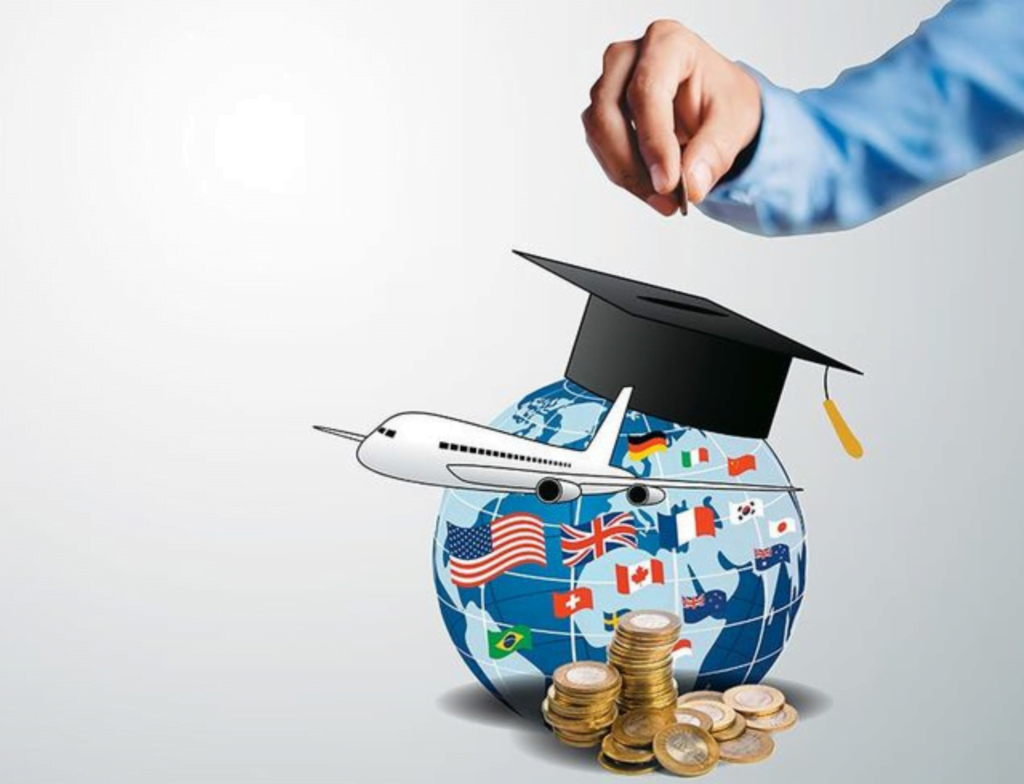Escalating and increasingly bitter diplomatic tensions, largely precipitated by successive sharp criticisms from Canadian Prime Minister Justin Trudeau, may have a very negative fallout on Canada student visa applications. Industry experts say the interest of Indian students in higher education in Canada may be dampened to the extent of 15-20%. This could lead to some significant shifts in the global study abroad market.
Indian Students in Canada: The Ripples of Political Tension
As of 2023, Canada remains a go-to destination for Indian students, with Indian students still constituting the whopping 40.7% of the country’s international student population, according to Immigration, Refugees, and Citizenship Canada (IRCC) data. However, with the diplomatic strain, the ongoing impacts are already seen in the fall from inquiries into education consultancy firms and study abroad platforms.
Multiple agencies have noted a 30% decrease in inquiries about Canadian universities over the past two months. To offset this, agencies are diversifying their portfolios,” said Ranjit Kumar C, CEO of Go Study, a Hyderabad-based consultancy. The consultancy traditionally depends on Canada for 40–60% of its business and could face economic challenges if interest continues to wane.
Other destination options: Diversifying Study Abroad Destinations
This is likely to make most Indian students opt for the desired destinations such as Germany, the Netherlands, Ireland, and the US instead. Sonal Kapoor, Global Chief Commercial Officer of Prodigy Finance, explained that even when they get 10-15% of Canada student visas, their markets are essentially the US and the UK, by and large. Kapoor added that she expects a general increase of around 20–30% in interest among the students for other countries by 2025.
This is a direct response to political change, which in any way may not reflect on the current students but rather on those who would seek admission for 2025 and onwards. The platforms facilitating finance for students and admissions will have to gear up in converting themselves in line with this change.
Economic Impact on Associated Industries:
But the decline in Indian students may have spillover effects outside the education industry. In fact, housing, part-time work, and other small businesses depend significantly on international students. According to an independent review by University Living, a student accommodation provider globally, the average Indian student spends USD 39,000 per annum in Canada and injected nearly 11.7 billion dollars into Canada’s economy.
Saurabh Arora, University Living Founder, says Indian students were “invaluable” to Canadian higher education and requested that more diplomatic efforts be made to ensure continuity for visa processes and student welfare programs.
Study Abroad Platforms Preparing for the Tipping Point
For example, platforms like GradRight are adjusting to shifting market dynamics as Indian students turn elsewhere for study abroad opportunities. Co-founder Aman Singh says that during times of diplomatic tension, the reputed Canadian universities appear to gear up their marketing efforts at least to attract many students—and ironically end up bringing in higher revenues for firms that help students apply to those institutions.
Singh further argued that even if the interest of the students in Canada dries out, it would attract more students to flow out to those destinations and create new business opportunities for the study abroad platforms, particularly for the US.
Conclusion: What's in the Future for Indian Students in Canada?
Short-term will be tough, but long-term outcome is uncertain. Indian students play an essential role in Canada’s educational and economic system, and the downshift can be short-term if both governments ease up on the tension. Till then, Indian students and education platforms are gearing to tap new opportunities in countries offering strong alternatives to Canada.
The fast-changing geopolitical scenario warrants Indian students in Canada and also those planning higher studies abroad to be alert to such trends, as their academic futures are concerned.





